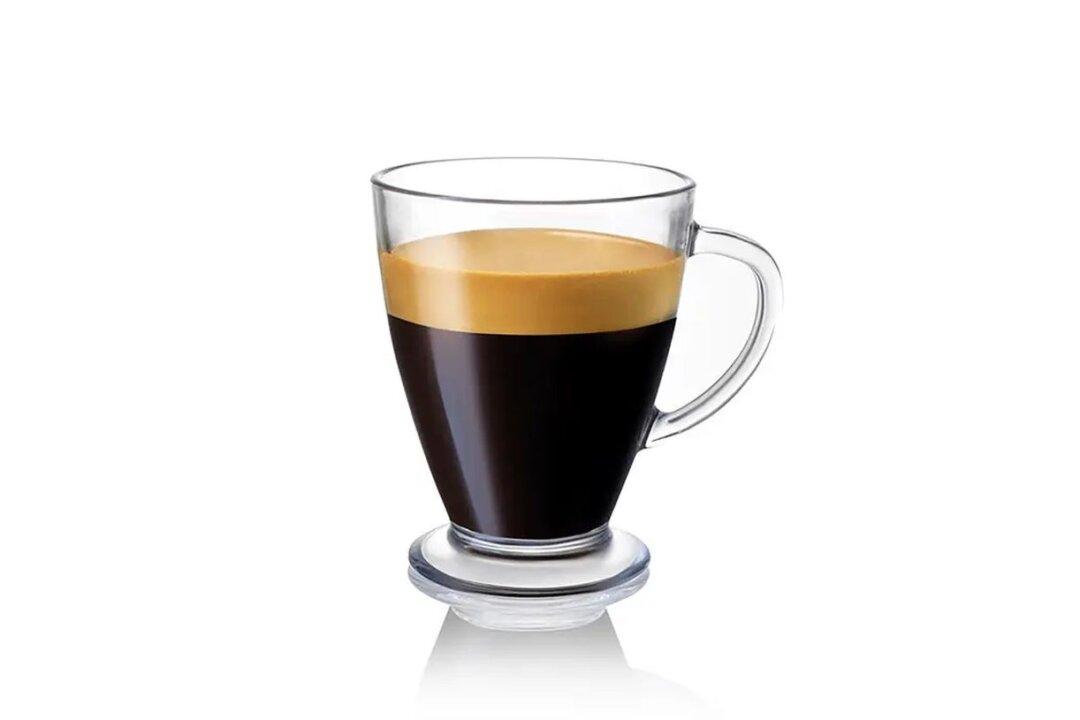A federal agency announced the recall of a Chinese-made coffee mug “due to burn and laceration hazards” after dozens of injuries have been reported.
The U.S. Consumer Product Safety Commission (CPSC) said Thursday the JoyJolt Drinkware Declan Single-Wall Glass Coffee Mugs are being recalled by MM Products because the “glass mugs can break and crack when filled with hot liquids, posing burn and laceration hazards.”





